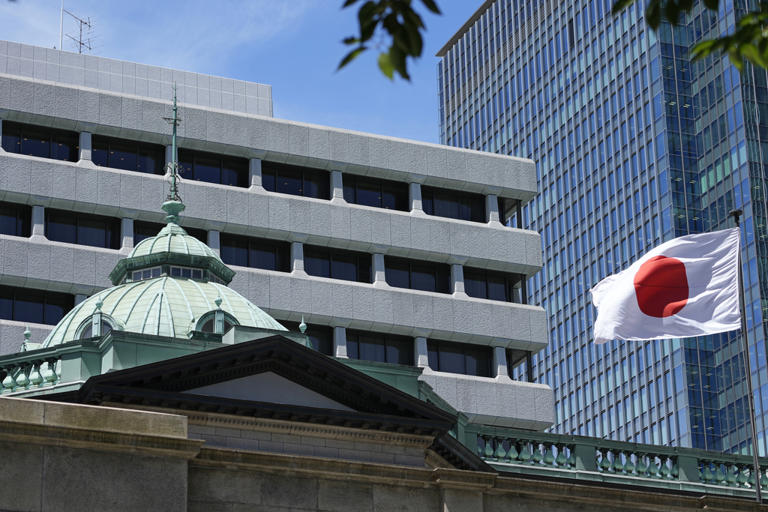On Monday, a significant report from the Bank of Japan highlighted contrasting sentiments among large manufacturers and non-manufacturing businesses. According to the tankan report, sentiment among large manufacturers, encompassing auto and electronics giants, experienced a decline in March, marking the first decrease in a year. The index stood at plus 11, down two points from December, slightly below the market forecast of 9 by the Japanese news service Kyodo.
Conversely, the index for large-scale non-manufacturers, including the service sector, surged to a three-decade high at plus 34 points, indicating a two-point increase from the previous report in December.
The tankan, conducted quarterly, involves approximately 9,000 Japanese companies and gauges corporate sentiment by subtracting the number of companies reporting negative business conditions from those reporting positive ones.
The upbeat outlook among non-manufacturing businesses reflects the resurgence of tourism, both domestically and overseas, following pandemic-induced setbacks. Recent trends indicate a surpassing of pre-pandemic levels in incoming travelers.
Conversely, the downturn in sentiment among manufacturers can be attributed to production halts at Daihatsu Motor Co., a subsidiary of Toyota Motor Corp., specialized in small vehicles. Daihatsu admitted to shortcomings in safety testing protocols.
Japan’s economy has grappled with stagnation in recent years, characterized by sluggish wage growth and deflationary pressures, contrary to inflationary trends observed in other regions. Furthermore, soaring energy prices, driven by Japan’s heavy dependence on oil imports, have added to economic challenges.
Additionally, the depreciation of the Japanese yen has adversely impacted certain sectors. The U.S. dollar has appreciated significantly, trading around 150 yen compared to about 130 yen a year ago. While a weaker yen can stimulate tourism and benefit exporters like Toyota and Nintendo by enhancing overseas earnings when converted into yen, it also poses challenges.
The Bank of Japan’s recent decision to raise its benchmark interest rate after 17 years of negative rates reflects its efforts to navigate economic conditions. The bank maintains a 2% inflation target and intends to sustain accommodative monetary policy, given improvements in wages and corporate profits.
Looking ahead, the tankan report projects a decline in future sentiment among large manufacturers, with a forecast of 10, and among large non-manufacturers, with an index of 27, both lower than the current reported levels.
